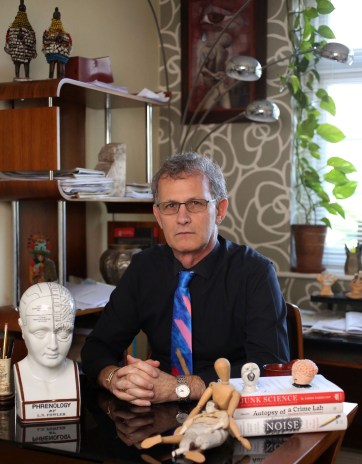Cognitive and Human Factors in Forensic Decision Making
$825.00
“Cognitive and Human Factors in Forensic Decision Making” is an eight-hour live training course that focuses on knowledge and practical skills regarding how to recognize and minimize potential bias for better forensic decision making. It covers brain and cognitive issues relating to cognitive and human factors in decision making. It then connects the cognitive science issues to practical and specific issues in forensic work. It also provides practical solutions to address weaknesses and best practices for forensics.
CEUs
“Cognitive and Human Factors in Forensic Decision Making” is an eight-hour live training course that focuses on knowledge and practical skills regarding how to recognize and minimize potential bias for better forensic decision making. It covers brain and cognitive issues relating to cognitive and human factors in decision making. It then connects the cognitive science issues to practical and specific issues in forensic work. It also provides practical solutions to address weaknesses and best practices for forensics.
In addition to focusing on specific ways to enhance forensic decision making, this course will provide in-depth tools to participants to enable them to enhance and enrich their professional abilities.
The course also includes a discussion of challenging court cases that highlighted cognitive factors in forensic decision making. The training is directly relevant to ISO/IEC 17020 and ISO/IEC 17025 requirements (e.g., for impartiality and freedom from bias). It is also directly connected to the 2009 National Academy of Sciences report on forensic science “Strengthening Forensic Science in the United States: A Path Forward.”
Background Information
The need for impartiality in forensic decision making is detailed in the National Academy of Sciences report and the requirements of ISO standards, and is increasingly raised in court. For more information about the factors that can have an impact on forensic work and how they manifest themselves in every forensic domain (even the more objective domains, such as toxicology), visit https://pubs.acs.org/doi/10.1021/acs.analchem.0c00704
The training is suitable to anyone who engages in forensic decisions. No prior knowledge in cognition is required. The content of the training will be tailored to the specific participants attending. Prior to the workshop, participants will have an opportunity to ask that specific topics be covered during the training.
When and Where
The training course is also available as a private course. Private on-site courses are a great option for organizations that have several staff members that need the training. Contact us at [email protected] or 414-501-5473 for more information.
What Will You Learn
- Background information regarding the human mind and cognitive system
- How information and knowledge are acquired, processed, represented, used, and evaluated, and how decisions are made
- The connection between cognitive and human factors, and a variety of forensic decisions that forensic examiners typically make
- How impartiality can be better achieved when cognitive factors are used to enhance forensic decision making
- Pitfalls and errors that can occur in forensic decision making and their countermeasures

Dr. Itiel Dror is a cognitive neuroscientist who received his Ph.D. in the area of cognitive factors in human expert decision making from Harvard University. He has published more than 120 peer-reviewed articles specifically looking at cognitive factors that mediate human expert performance. His insights and understanding of the human brain and cognitive system underpin the course.
Dr. Dror has been working in forensics for more than 15 years and has led the introduction of human and cognitive factors to the forensic community. He has worked with a variety of forensic laboratories in the United States and elsewhere, shadowing examiners doing casework and reviewing SOPs and practices. Dr. Dror was the chair of the Organization of Scientific Area Committees (OSAC) Human Factors Committee, which is responsible for cognitive factor issues across all the OSAC forensic domains.
Dr. Dror has a proven track record in successfully delivering training courses on enhancing forensic decision making. He also has practical court experience, having been commissioned to provide expert evidence about forensic decisions for both the defense and prosecution. He thus understands and can relate the training to court litigation and proceedings.
For more information: https://www.cci-hq.com/dr.-itiel-dror.html
This training course is available as a private session. Private sessions are a great option for organizations that have several staff members that need the training.
Request Private Training from ANAB





